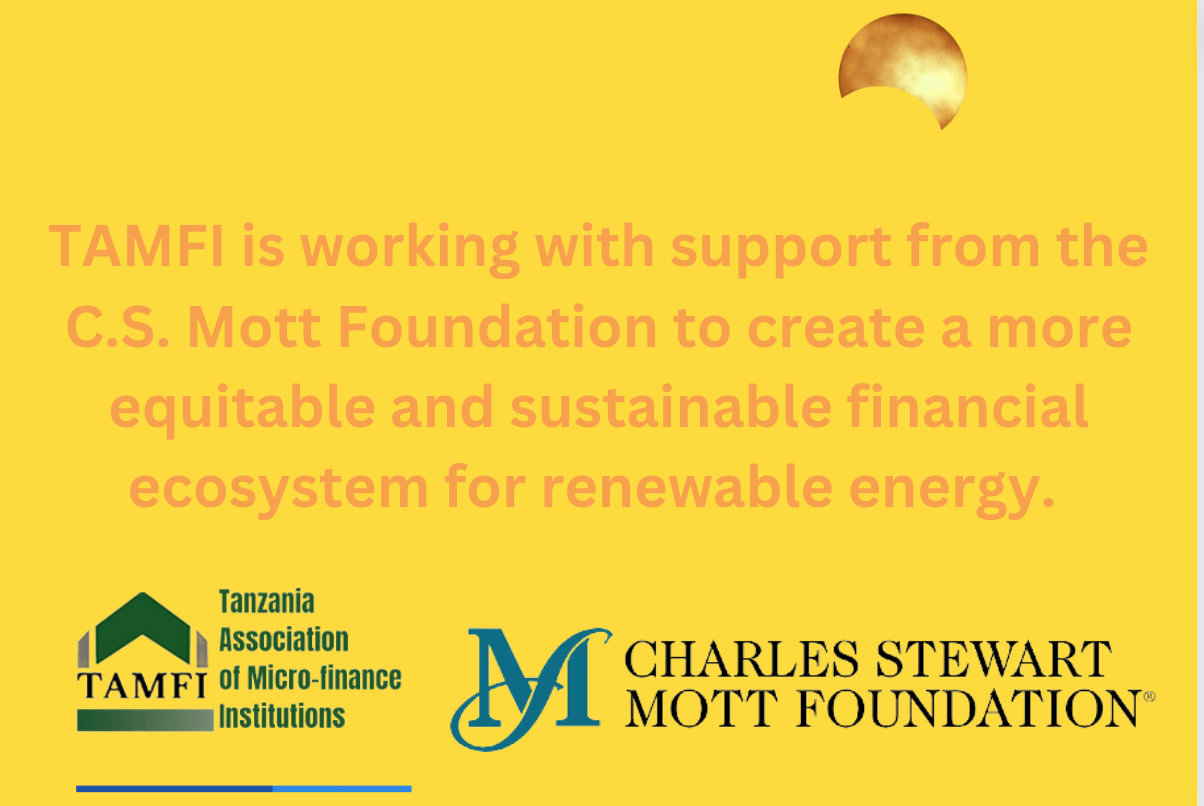Closing the Seed Gap: Tanzania’s Ambitious Plan to Meet 100% of Seed Demand by 2030
The government of Tanzania is ramping up its efforts to achieve seed self-sufficiency by 2030 for all farmers in the country. These efforts include the establishment of major irrigation schemes to boost seed production.
One such irrigation scheme is the ‘Samia Block Farm’ located in Nzega District, Tabora Region. This project will utilize advanced irrigation techniques, including an automated pivot system, drawing water from the Kilimi Dam.
During a recent briefing to President Samia Suluhu Hassan on the project’s progress, Agriculture Minister Mr. Hussein Bashe announced that the government has allocated 6.2 billion Tanzanian Shillings for the completion of the first phase of this project. The entire project covers an area of about 1,100 hectares, comprising 140 hectares of water catchment area, 97 hectares reserved for the dam, and approximately 860 hectares designated for farming. Currently, the project is in its initial phase, involving the development of 400 hectares with the installation of seven pivot irrigation systems.
Minister Bashe emphasized that the current demand for seeds in the country stands at 120,000 tonnes, whereas the domestic production capacity is only 40,000 tonnes, with an additional 60,000 tonnes imported. This results in a seed deficit of 20,000 tonnes. The government aims to address this shortfall by targeting to meet 75% of the total seed demand by 2025 and achieve 100% self-sufficiency by 2030.
The Samia Block Farm will play a crucial role in year-round seed production, complemented by similar schemes like the one in Arumeru District, Arusha Region. To further enhance seed production, the government plans to construct a seed processing factory at the farm to supply farmers and boost their crop yields.
Minister Bashe outlined that reaching seed self-sufficiency requires an additional 300,000 hectares of land. Presently, the country has only 34,000 hectares allocated for this purpose, with the Tanzania Agricultural Research Institute (TIRA) and the Agricultural Seed Agency (ASA) each having 17,000 hectares. He urged Regional Commissioners (RCs) to identify suitable areas for establishing irrigation schemes to meet the ambitious target of seed self-sufficiency by 2030.


